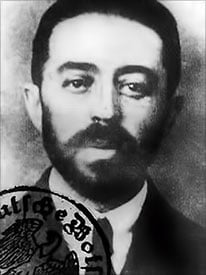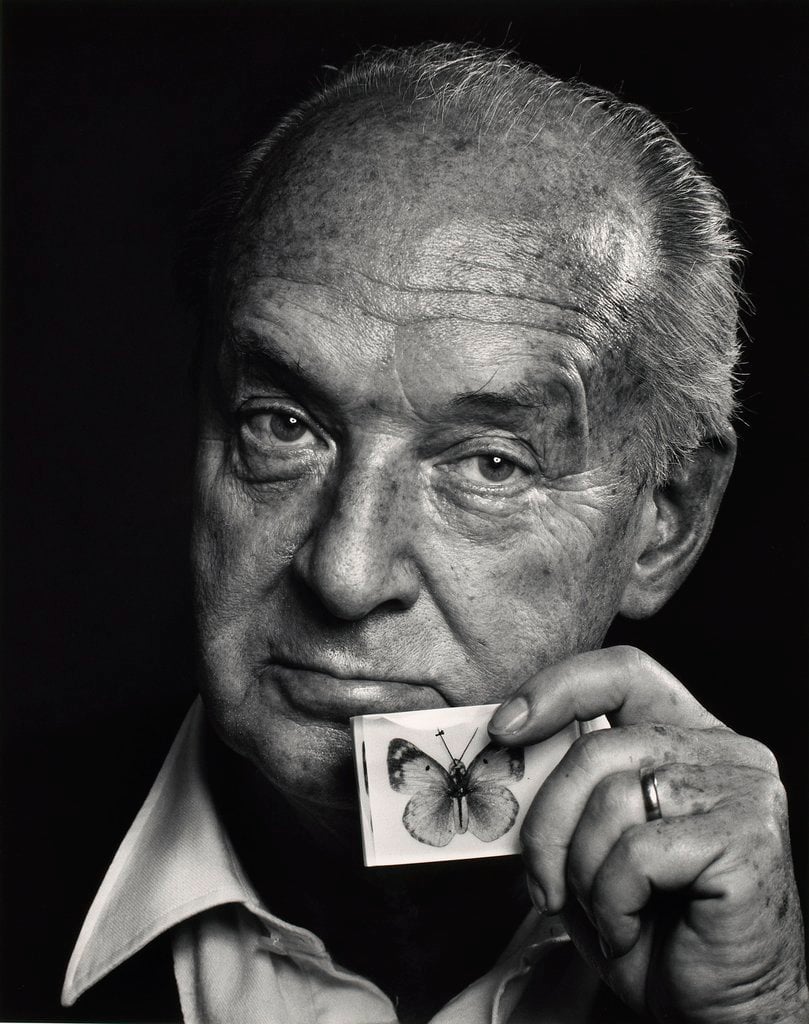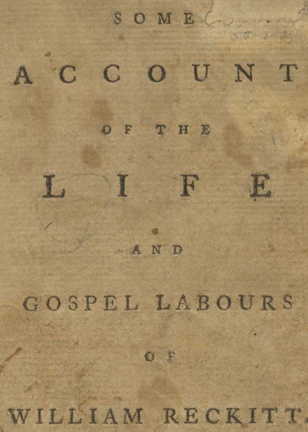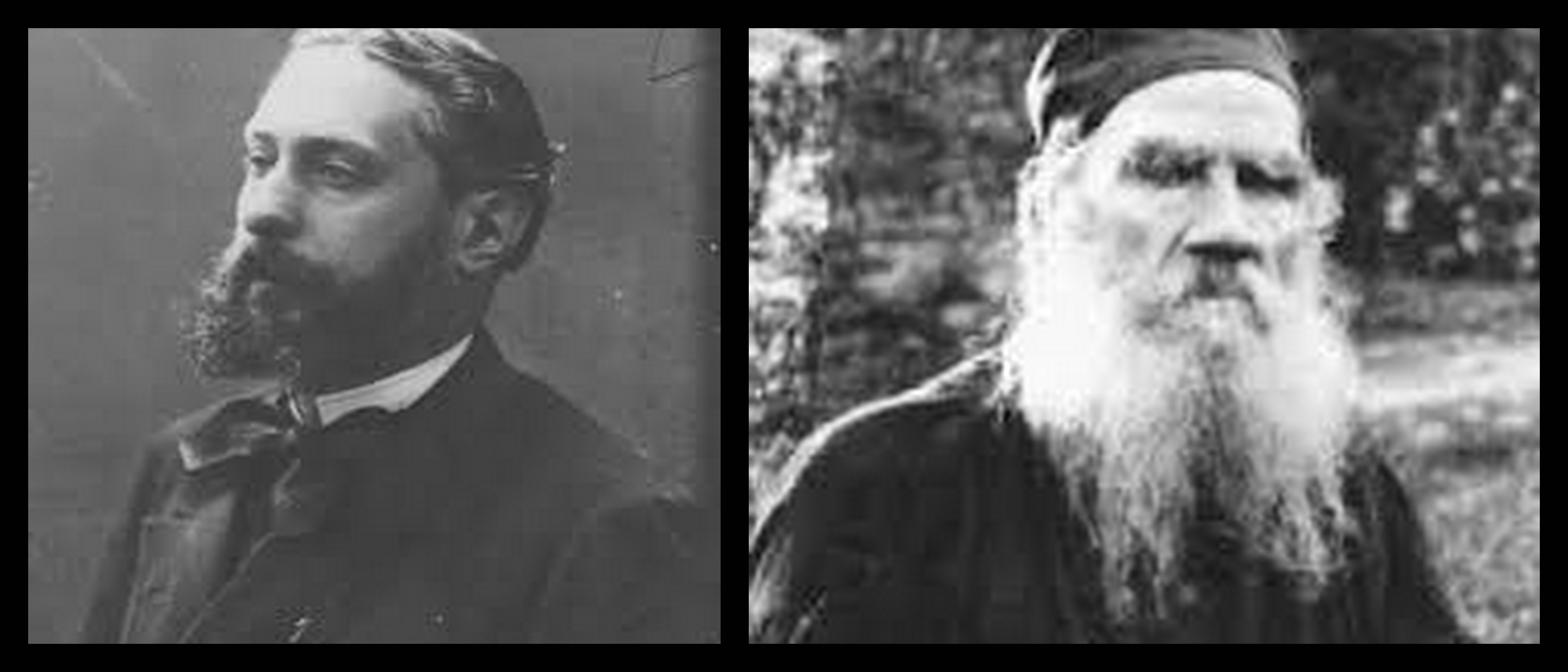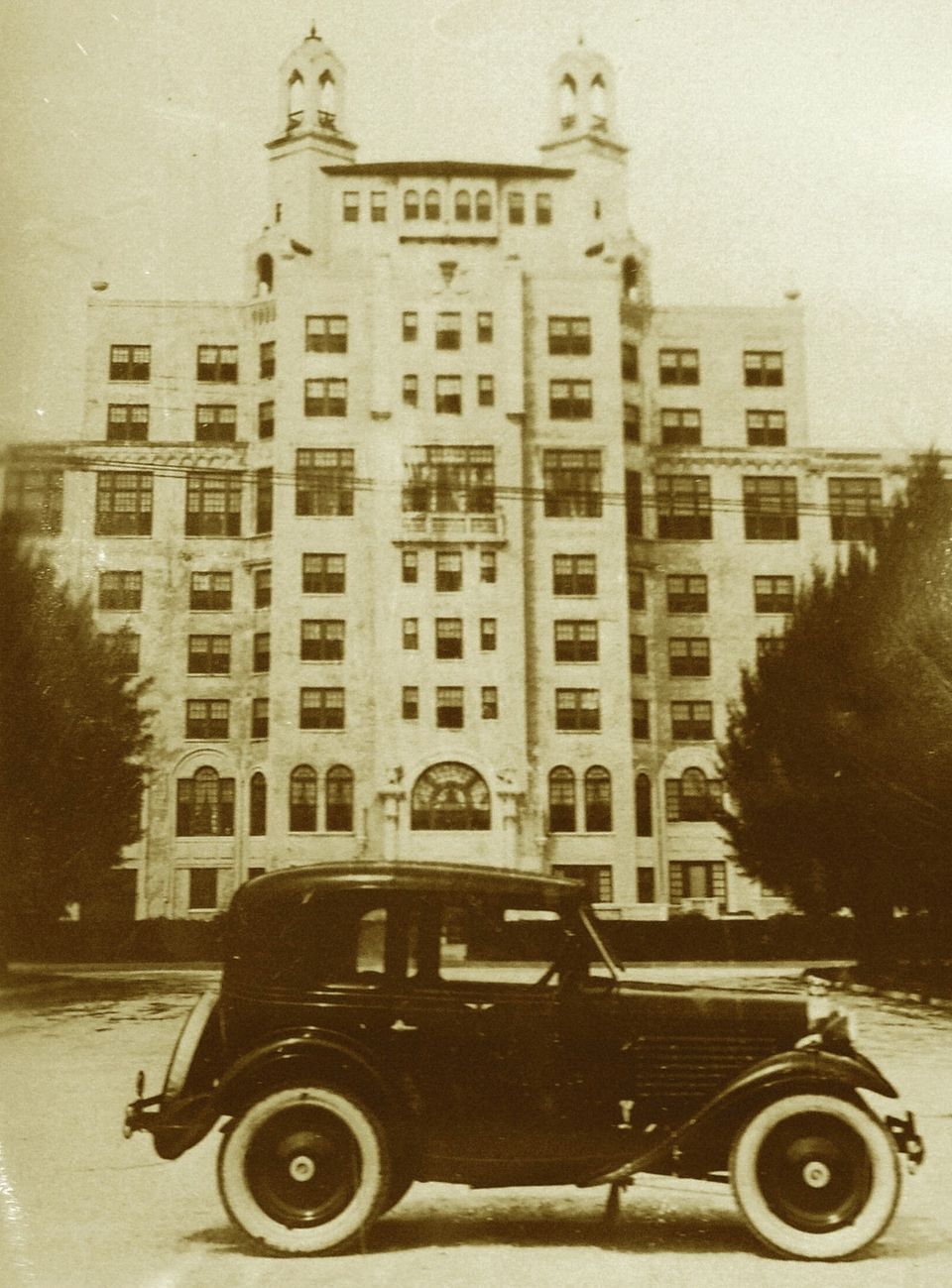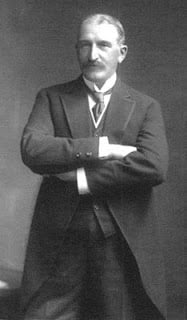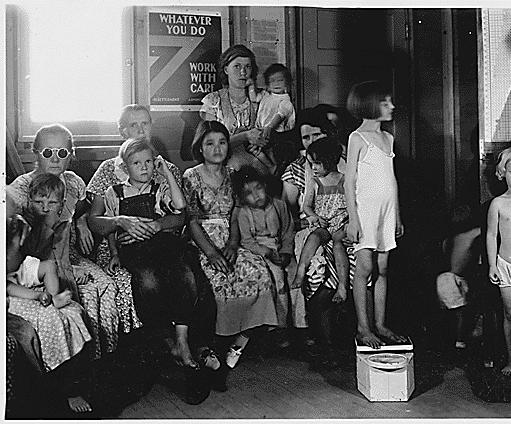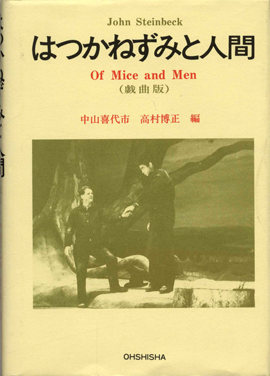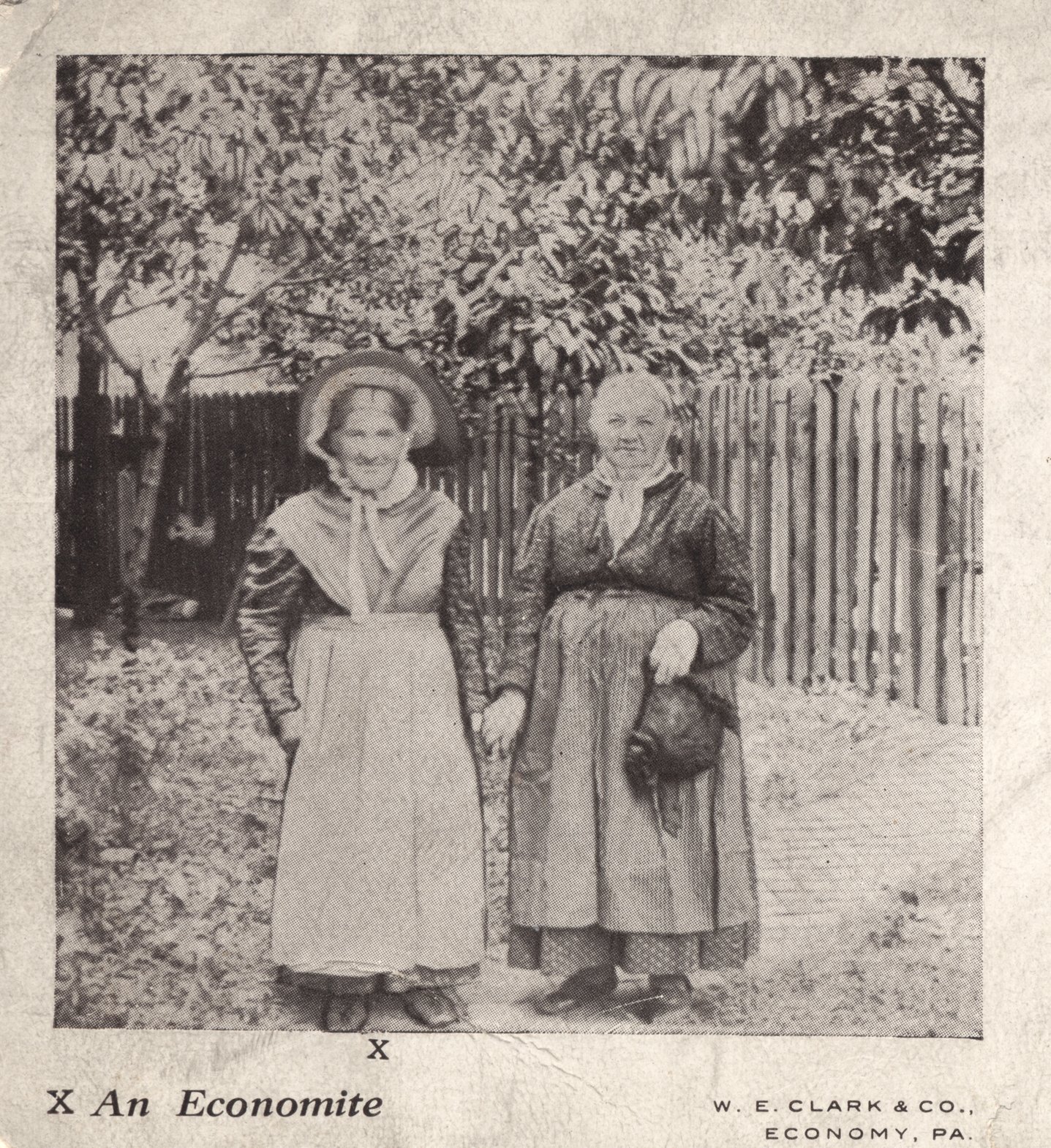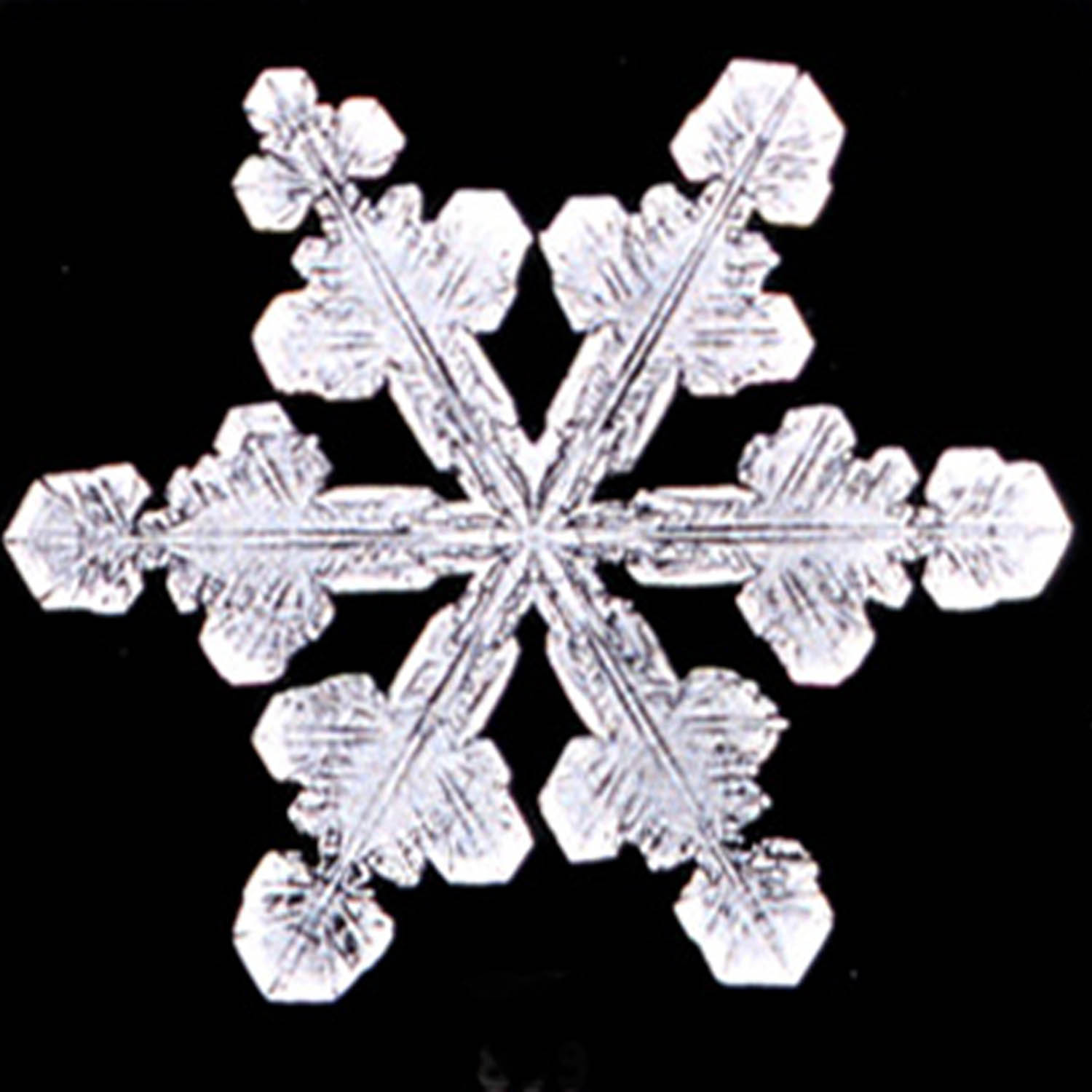On March 19, 1842, Honoré de Balzac's play Les Ressources de Quilona opened to an empty theatre. The fault was Balzac's own; in an attempt to create buzz around the play, he'd started a rumor that the play was sold out. The plan obviously failed to incite the clamor for tickets that Balzac had hoped for. By this time, Balzac was already a well known writer, but his plays had never been received well. They were, in a word, flops. Luckily for Balzac, his novels both made and saved his literary reputation, mitigating the negative impact of his plays. And he's not alone; a number of other famous authors have published works that critics found disappointing.
Emily Brontë
When Emily Brontë published Wuthering Heights, critics were less than enthusiastic about the book. On December 18, 1847, The Spectator printed a rather harsh review, which echoed the opinions of contemporary critics:
"The success is not equal to the abilities of the writer; chiefly because the incidents are too coarse and disagreeable to be attractive, the very best being improbable with a moral taint about them, and the villainy not leading to results sufficient to justify the elaborate pains taken in depicting it."
When a new edition was published in 1850, it included a "Biographical Notice" penned by Charlotte Brontë. In addition to justifying all three sisters' decision to publish their works pseudonymously, she clearly intended to defend her sister against her critics. But most modern critics think that Charlotte overstated the case, making the critics seem more harsh than they'd actually been. At any rate, Wuthering Heights has endured as a paragon of Romantic literature.
Read more...





